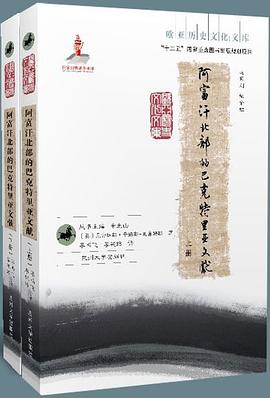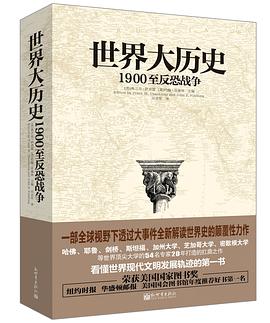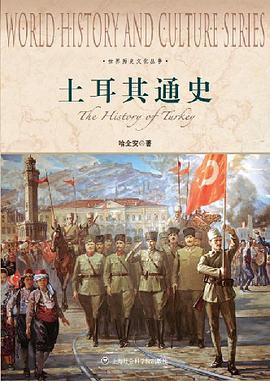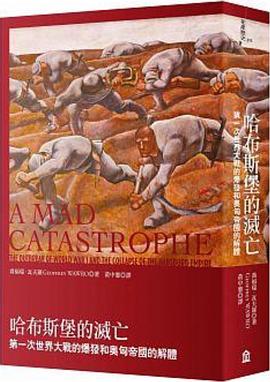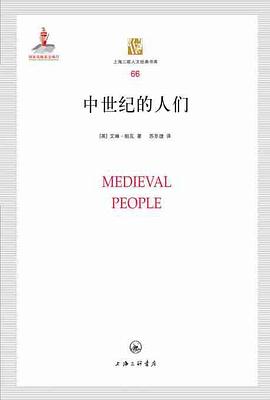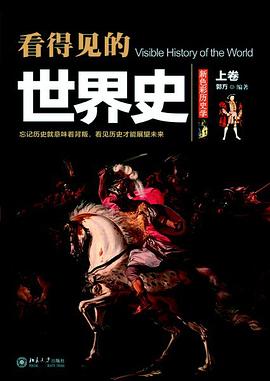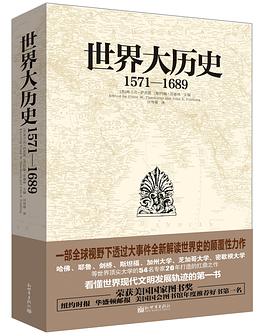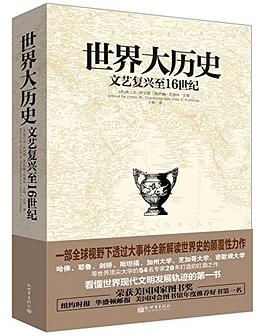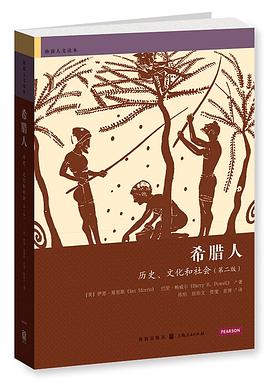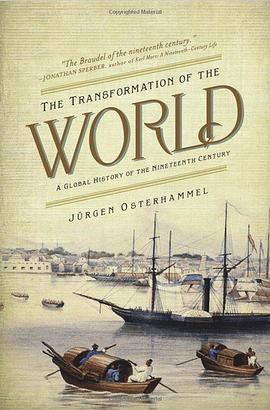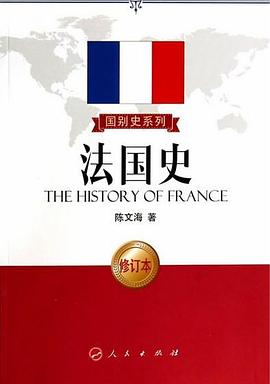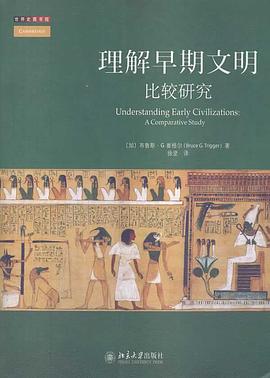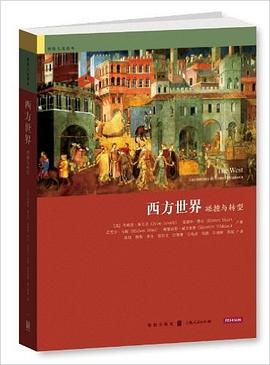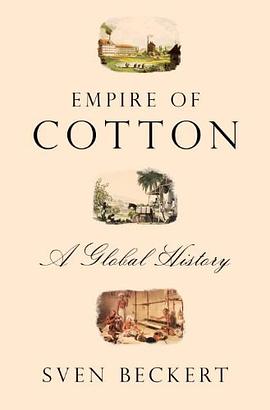

具体描述
The epic story of the rise and fall of the empire of cotton, its centrality to the world economy, and its making and remaking of global capitalism.
Cotton is so ubiquitous as to be almost invisible, yet understanding its history is key to understanding the origins of modern capitalism. Sven Beckert’s rich, fascinating book tells the story of how, in a remarkably brief period, European entrepreneurs and powerful statesmen recast the world’s most significant manufacturing industry, combining imperial expansion and slave labor with new machines and wage workers to change the world. Here is the story of how, beginning well before the advent of machine production in the 1780s, these men captured ancient trades and skills in Asia, and combined them with the expropriation of lands in the Americas and the enslavement of African workers to crucially reshape the disparate realms of cotton that had existed for millennia, and how industrial capitalism gave birth to an empire, and how this force transformed the world.
The empire of cotton was, from the beginning, a fulcrum of constant global struggle between slaves and planters, merchants and statesmen, workers and factory owners. Beckert makes clear how these forces ushered in the world of modern capitalism, including the vast wealth and disturbing inequalities that are with us today. The result is a book as unsettling as it is enlightening: a book that brilliantly weaves together the story of cotton with how the present global world came to exist.
作者简介
Sven Beckert is the Laird Bell Professor of American History at Harvard University. Holding a PhD from Columbia University, he has written widely on the economic, social, and political history of capitalism. He has been the recipient of numerous awards and fellowships, including from Harvard Business School, the Dorothy and Lewis B. Cullman Center for Scholars and Writers at the New York Public Library, and the Charles Warren Center for Studies in American History. He was also a fellow of the American Council of Learned Societies and the John Simon Guggenheim Memorial Foundation. He lives in Cambridge, Massachusetts.
目录信息
读后感
文/宝木笑 想象风起萍末时的青涩和扶摇万里后的豪迈,也许是历史最为吸引人的地方。比如我们喜欢看到的历史是这样的:1328年10月21日,一个男婴降生在了一个贫苦的家庭,他是家中第四个孩子,在整个同姓赤贫家族中排行老八,小时候差点饿死的他不会想到,25年后他会参加一支起...
评分 评分现在一提起棉花都觉得平谈无奇,曾经的棉花地位曾火爆一时,有白金之称,其地位可见一斑。 棉花最早起源于印度,早期印度用棉花生产的棉织品,口碑也很好。后来被英国发现了,棉织品人人都用的的,于是开始了对棉花的大力推广。刚开始英国生产的棉织品质量不...
评分 评分我与作者斯文、译者轶杰在不同的时空背景中结识,不曾想到有一天斯文的写作会将我们连接起来。在感叹世界变小的同时,我对他讲述的棉花经济全球化的故事也有了更切身的理解:将不同时空中原本互不关联的人事网络连接在一起,在此基础上建构一种共时性(synchrony)新秩序,这也...
用户评价
这本书的视角转换处理得极为高明,它成功地在微观的个人情感波动与宏观的历史进程之间架起了一座坚实的桥梁。我们既能感受到决策者在关键时刻那种令人窒息的压力,也能体会到最底层民众在时代碾压下的无助与坚韧。这种多维度的观察,使得全书的质感非常丰满、立体。我特别喜欢作者在描述那些关键转折点时的那种克制与精准,没有过度的煽情,却自然而然地引发了读者深刻的情感共鸣。它让我开始重新审视那些被简化了的历史叙事,意识到每一个“必然”的背后,都凝结着无数偶然的、充满人性的抉择。
评分我必须承认,一开始我对这样一部看似宏大叙事的作品抱有疑虑,担心它会陷入空泛的理论阐述,但事实完全出乎意料。作者的论证逻辑严密得像一座精心设计的迷宫,每一步的推进都建立在前文坚实的基础上,环环相扣,令人信服。它没有采用那种居高临下的说教姿态,而是以一种近乎侦探般的姿态,层层剥开现象背后的复杂肌理,揭示出隐藏在表象之下的运作规则。这种将学术的深度与大众的可读性完美结合的能力,是极其罕见的。每一次翻页,都像是在解开一个历史谜团,让人欲罢不能,迫不及待想知道下一个转折点在哪里。
评分说实话,这本书的阅读过程更像是一场智力上的马拉松,需要全神贯注。它对细节的考究达到了近乎偏执的程度,任何一个细小的元素,最终都会被整合进作者宏大的知识体系中,展现出惊人的结构美感。我惊叹于作者对于跨学科知识的融会贯通,无论是经济学的原理、社会学的洞察,还是地理环境的影响,都被巧妙地编织在一起,形成了一个自洽且具有强大解释力的理论框架。读完后,我感觉自己的知识边界被极大地拓宽了,看待复杂问题的思路也变得更加开阔和系统化,这种知识增益带来的满足感是其他娱乐性读物无法比拟的。
评分这本书最打动我的地方,在于它敢于直面那些被历史书写所规避或模糊处理的阴影面。它不回避矛盾,不粉饰太平,而是以一种近乎冷静的批判性眼光,审视了权力、结构与人性的相互作用。这种诚实和勇气,使得这部作品拥有了超越时代局限的重量感。它不是在提供简单的答案,而是在激发读者去提出更深刻、更尖锐的问题。合上书本的那一刻,我感受到了一种深刻的责任感,去思考我们当前所处的环境,如何被过去的种种力量所塑造,以及我们应当如何前行。这是一部值得反复阅读和深思的佳作。
评分这部作品的叙事功力真是令人叹为观止,作者似乎拥有一种近乎魔术般的能力,能将枯燥的历史事件编织成一幅幅生动、引人入胜的画卷。我尤其欣赏它对时代背景细致入微的刻画,那种沉浸式的体验让人仿佛真的回到了那个风云变幻的年代。文字的张力把握得恰到好处,既有宏大叙事的磅礴气势,又不失对个体命运关怀的细腻笔触。它不仅仅是在讲述一个故事,更是在探索人类在特定历史洪流中的挣扎与选择。读完之后,心中久久不能平静,仿佛被注入了一种新的视角去看待我们习以为常的周遭世界,那种深思熟虑后的豁然开朗感,是阅读此书最宝贵的馈赠。
评分研究阶段所收集的资料量确实恐怖,但最终呈现的效果上感觉材料堆叠多于流畅的叙事与分析,折中的风格对大众和学者都不怎么友好,但还是很值得plow through的一本书。
评分瞎看着玩的..此书用棉花做载体..讨论了世界贸易和资本主义的起源..看完才发现 这书适合我小孩们看...
评分研究阶段所收集的资料量确实恐怖,但最终呈现的效果上感觉材料堆叠多于流畅的叙事与分析,折中的风格对大众和学者都不怎么友好,但还是很值得plow through的一本书。
评分看了大半年才看完,通过棉花这一经济作物来描写历史,非常好的角度来阐述棉花帝国由起步到繁荣再到衰败的全过程。
评分Roles of violence and the state in war capitalism of pre-industrial era.
相关图书
本站所有内容均为互联网搜索引擎提供的公开搜索信息,本站不存储任何数据与内容,任何内容与数据均与本站无关,如有需要请联系相关搜索引擎包括但不限于百度,google,bing,sogou 等
© 2026 book.wenda123.org All Rights Reserved. 图书目录大全 版权所有

